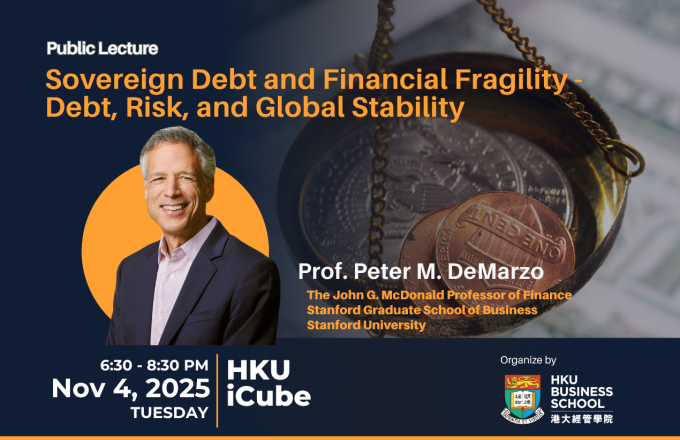Consumers’ Self-Deceptive Response to the Debunking of Misleading Product Claims
Professor Vincent Mak
Professor of Marketing and Decision Sciences
Cambridge Judge Business School
University of Cambridge
ABSTRACT
To address misleading product claims, policy makers may use measures such as issuing public debunking statements to help consumers update their beliefs. This research explores a factor that can hinder the effectiveness of such measures. We propose that a prior purchase from a seller can make consumers resistant to update their beliefs upon receiving new, debunking information about the seller’s product claims. Such resistance stems from a motivated beliefs effect – a desire to maintain self-confidence regarding the prior purchase choice based on the product claim. Importantly, the resulting belief distortion could lead to increased likelihood to repurchase from the debunked seller. To proceed, we first obtain testable propositions from the analysis of a behavioral economic model of motivated beliefs. We then tested our propositions in three pre-registered Prolific experiments in greenwashing contexts (N = 2,475). The experiments provided evidence of the motivated beliefs effect while controlling for initial preferences. Furthermore, a high perceived premium expense regarding the prior purchase can accentuate the self-deception. We also obtain evidence that a refund manipulation and the offering of self-confidence-supporting advice can mitigate the effect. Our findings contribute to research on misleading product claims and consumer self-deception, with relevant managerial implications.














